Today, 04 May 2020, Eleni Cubitt's obituary is in the Times: 'Film-maker and activist who ran a high-profile campaign for the Elgin Marbles to be returned to her native Greece'
Asked whether she dreamt in Greek or English, Eleni Cubitt replied: “When I’m in Greece I dream in Greek and when I’m in England I dream in English.” She retained a foot in each country, deeply immersed in their cultural worlds. While Britain was her home for many years, her Greekness was fundamental, and were you to ask her nationality she would give the neutral reply “European”.
Cubitt sought to bridge the divide between her home and her heritage over one of the most contentious cultural issues: the Parthenon Marbles. Also known as the Elgin Marbles, the sculptures have been the subject of a bitter dispute since the 19th century when Lord Elgin, ambassador to the Ottoman Empire, removed them from the Acropolis and sold them to the British government.
As a founding member of the British Committee for the Reunification of the Parthenon Marbles, Cubitt organised protests, mobilised journalists and was the driving force behind the Acropolis Museum in Athens, which opened in 2009. She turned dozens of politicians, academics and artists into Hellenophiles, persuading them of the need to “right a very old wrong”. They included Michael Foot, Neil Kinnock, Christopher Hitchens, Nadine Gordimer and Dame Janet Suzman, whom Cubitt recruited as chairwoman of the committee. “She knew where my sympathies lay and wanted to attract ‘activist- actors’,” Suzman recalled. “She was ever so Greek despite her very British associations; a cosmopolitan, elegant, intelligent woman.”
To read this obituary in full, in The Times, use the link here.
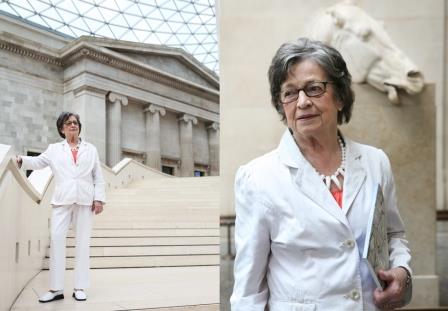
Photographs courtesy of NANA VARVELOPOULOU, taken at the British Museum for an artucle in LIFE & STYLE MAGAZINE in 2009, the year the Acropolis Museum was opened.

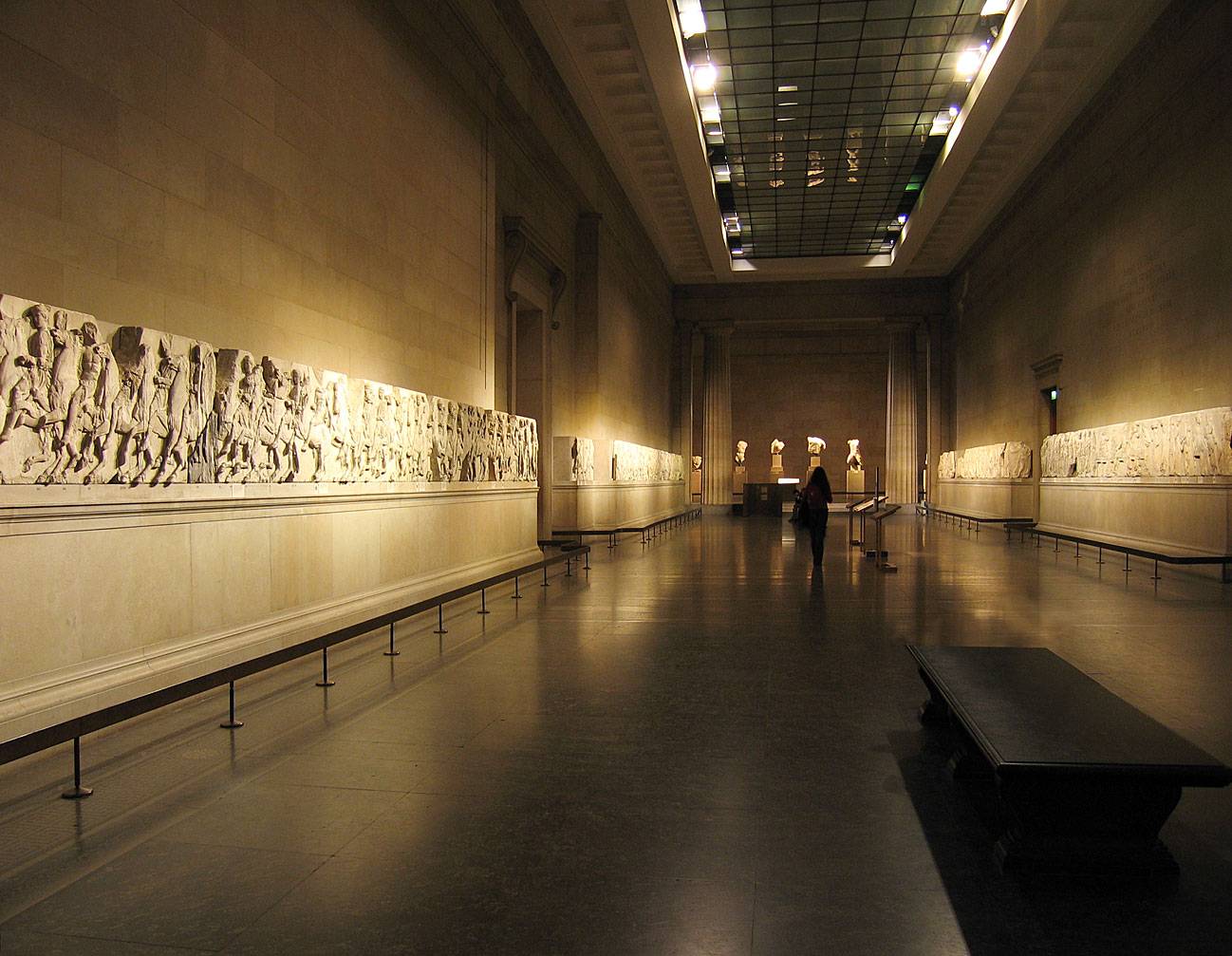

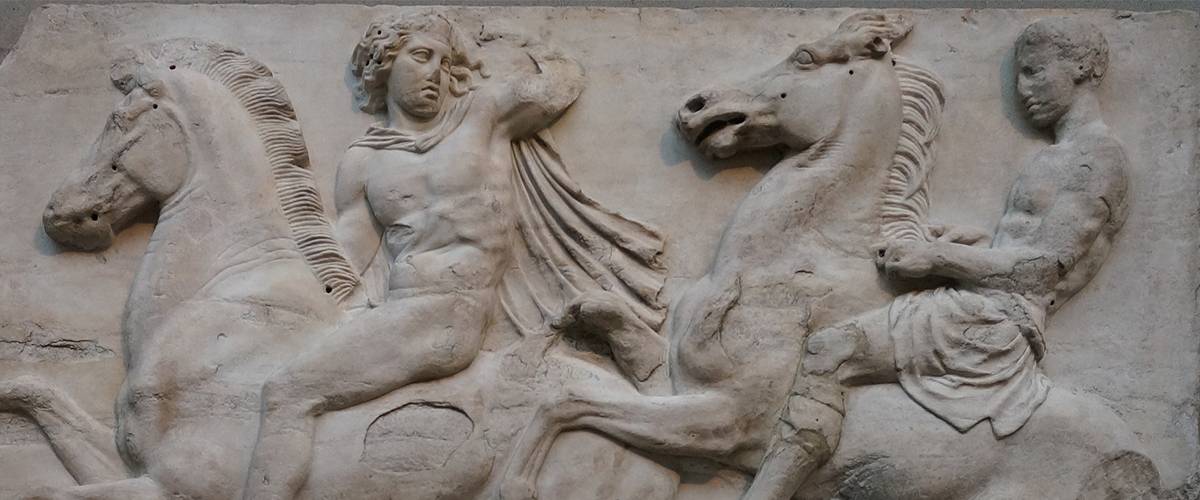

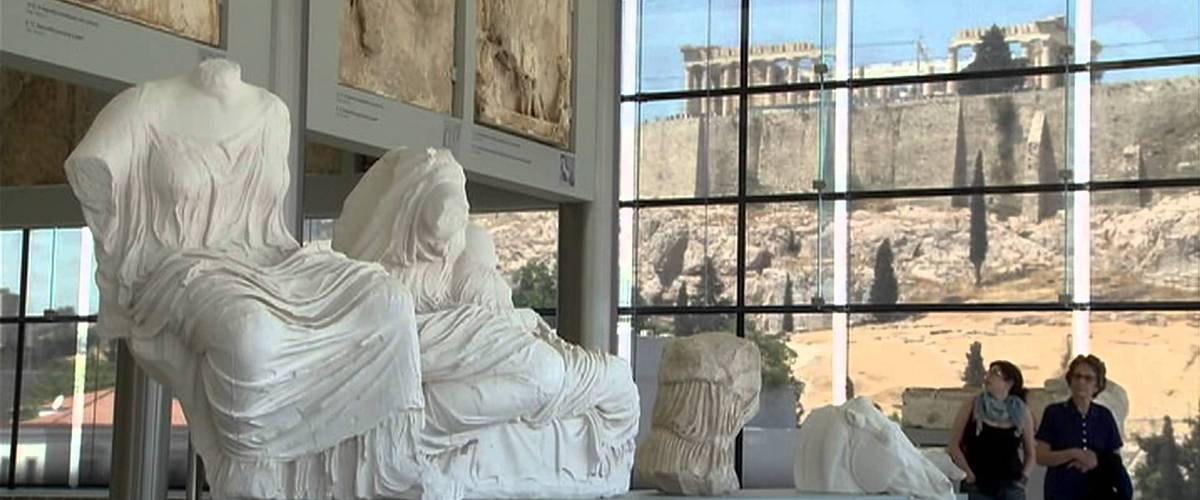

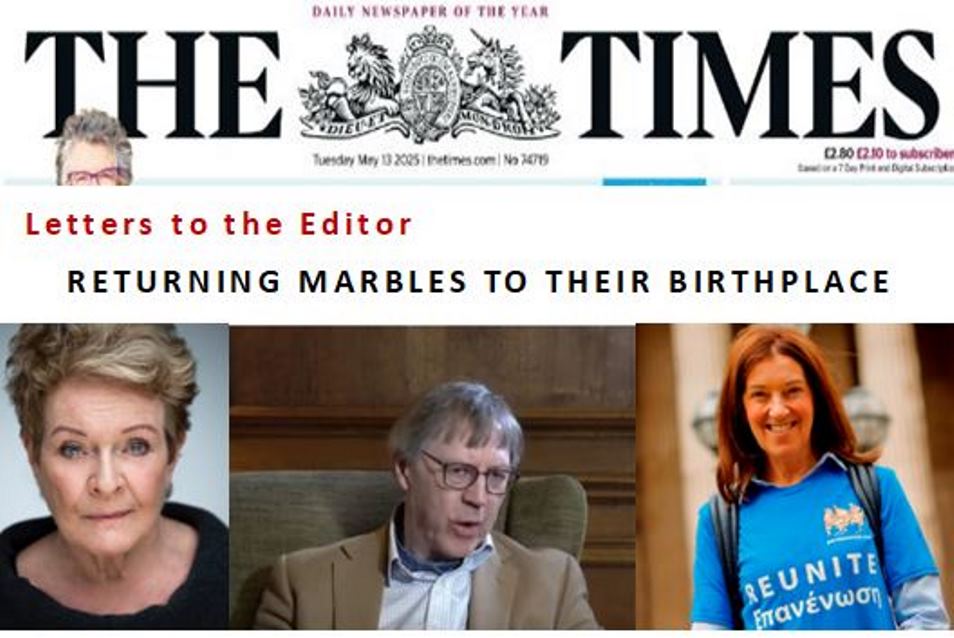
Comments powered by CComment